.webp)
Gas & Constipation: What is the connection?
Bloating is a common experience. 53% of adults the UK have experienced bloating in the past.1
It is this feeling of fullness, or pressure in your abdomen that’s called bloating. It is a common symptom of multiple digestive complaints, including constipation. In fact, constipation and bloating go hand in hand.
Keep reading to learn more about bloating, gas, and constipation, including the causes, and when it might be time to contact a doctor.
Causes of Bloating
Bloating isn’t always visible to the naked eye. In cases when bloating is accompanied by visible swelling, this is known as distension. The symptoms can last for a short period, or they can be persistent, making them an ongoing concern.2
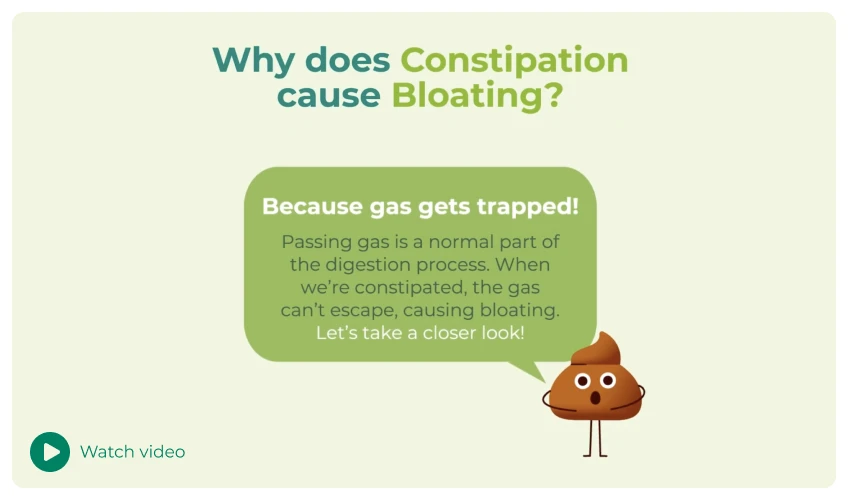
Here are the 5 most common causes of bloating.
1. It Could Be Constipation
You might be dealing with constipation if you're experiencing fewer than three bowel movements a week, must strain when you feel like you want to go to the toilet, or have a persistent feeling of incomplete evacuation. This is when you go to the bathroom, but it feels like some of your stool is still trapped inside your gut or rectum. Other symptoms like stomach pain, flatulence, and bloating can also accompany constipation.2,3
According to a recent study, more than 90% of those with constipation experience bloating.4 So, what exactly is the relationship between constipation and bloating? When you’re blocked up and struggling to pass your stool, recently digested food just sits in your stomach for longer than usual. This extra volume of stool can cause bloating, as everything expands to make room for it.5
2. Hormones May Be the Culprit
Before and during their period, 75% of women experience bloating. Water retention and intestinal gas can be caused by hormonal fluctuations, which in turn leads to bloating. Likewise, oestrogen receptors in the gastrointestinal tract may also influence sensitivity to bloating.5
3. Excess Gas Can Build Up
Gas is all around us, and it’s also a very normal byproduct of digestion. However, individuals with medical conditions such as celiac disease may produce too much gas. This occurs because they have trouble absorbing nutrients like proteins, fats, and carbohydrates.
Some people experience gas after consuming dairy products, sugars, or legumes due to having difficulties when digesting them. In addition, some people seem more sensitive to sugars as well, producing gas because of trying to digest them. Finally, certain foods, such as legumes, also produce more gas during digestion. People with excess gas who experience bloating are believed to evacuate gas less efficiently, which may further contribute to their feelings of fullness.2,6,7
4. Eating More Than Usual
We all have days when we eat a little too much at mealtimes, or even in between meals. After a heavy meal, it’s not uncommon to feel bloated. Your stomach is about the size of a fist, but after a big meal, it expands to accommodate what you've eaten. As a result, you may feel bloated and extra full for a while, until your stomach has broken down all the food.8
5. A More Serious Condition, Such as Irritable Bowel Syndrome
IBS's symptoms, such as stomach pain, diarrhoea, bloating pain, constipation, and cramping, can be distressing. Talk to a doctor or pharmacist if you experience these symptoms regularly and are concerned you may have IBS.2
Constipation and Bloating
Why is bloating so common in constipation? There are multiple reasons, but simply, and first off, when you are constipated, stool takes longer to pass through your colon and leave your body through the rectum. This means that bacteria have more time available to ferment food and produce gas. This of course means more gas in your colon. It’s as simple as that.10
How to Relieve Bloating Caused by Constipation
Constipation is never fun and has the potential to affect many aspects of our lives. According to research, 12% of constipated individuals miss work or school, and 60% have impaired ability to work.17
Several factors can cause constipation, including your diet, medical conditions, and lifestyle. The good news is that many people with constipation find relief from painful bloating when they manage their constipation. So, how can you get rid of constipation and bloating? To start, let's look to science for help.13
Over-the-counter medications
Over-the-counter medications are valuable allies. Dulcolax, for example, is an option for people experiencing constipation. A full range of products are available, including tablets, liquid and suppositories.
Dietary Changes
Certain foods, like a class of carbohydrates called FODMAPs (fermentable oligosaccharides, disaccharides, monosaccharides, and polyols), can cause bloating, abdominal pain, and discomfort. This is because they’re not digested well and produce gas. Some foods that are high in FODMAPs include dairy milk, beans and lentils, eggs, and wheat products.18
Research shows that a low-FODMAP diet can relieve bloating and abdominal pain. Additionally, carbonated beverages can cause gas, which may worsen your bloating.6,15
Observe how you feel after eating certain foods, to try and understand which foods are causing your bloating. Talk to a pharmacist or doctor before making any major changes to your diet.
Avoid Chewing Gum
Even at times it may feel like ‘Gum would be perfection,’ gum also has the power to make your trousers feel a lot tighter than usual. Chewing gum causes you to swallow air, which can get trapped in your digestive system and cause your stomach to expand.16
Get More Active
Exercise can be an effective bloating remedy as well. Movement contracts your abdominal muscles, stimulating your digestive tract, and helping to eliminate gas. Break a sweat to keep your digestion in check.17
When to See a Doctor or Pharmacist
There is no cure-all solution for bloating that works for everyone. Talking to a doctor or pharmacist is the best action if you regularly feel that uncomfortable fullness in your abdomen.
With the help of expert guidance, you can identify the root cause of the problem and find the best solution for you, to help you enjoy all the wonders of life without that tummy full of unwanted gas.
* Works in 30 minutes to 6 hours
Disclaimer:
Partly generated by Gen AI
Sources
- Digesting The Facts Report, Guts UK Charity https://gutscharity.org.uk/wp-content/uploads/2016/08/DigestingTheFactsReport.pdf Last accessed August 2023
- Poitras, P., 2022. Abdominal Distension and Bloating. In The Digestive System: From Basic Sciences to Clinical Practice (pp. 331-335). Springer, Cham.
- Bharucha, A. (2021) Constipation, American Gastroenterological Association. American Gastroenterological Association. Available at: https://patient.gastro.org/constipation/ (Accessed: January 9, 2023).
- Lacy, B.E., Cangemi, D. and Vazquez-Roque, M., 2021. Management of chronic abdominal distension and bloating. Clinical Gastroenterology and Hepatology, 19(2), pp.219-231.
- Cleveland Clinic (2021) Bloated stomach: Causes, tips to reduce & when to be concerned, Cleveland Clinic. Cleveland Clinic. Available at: https://my.clevelandclinic.org/health/symptoms/21740-bloated-stomach (Accessed: January 9, 2023).
- Khanna, S. (2020) Mayo Clinic on Digestive Health: How to prevent and treat common stomach and gut problems. Mayo Clinic Press.
- Bloom, S., Webster, G.D. and Marks, D. (2022) Oxford Handbook of Gastroenterology & Hepatology. Oxford: Oxford University Press.
- Penn Medicine (2020) Why Do I Feel Bloated? Common Causes of Bloating — and What You Can Do About It, Pennmedicine.org. Penn Medicine. Available at: https://www.pennmedicine.org/updates/blogs/health-and-wellness/2020/february/common-causes-of-bloating (Accessed: January 9, 2023).
- Johns Hopkins Medicine (2021) Bloating: Causes and prevention tips, Johns Hopkins Medicine. Johns Hopkins Medicine. Available at: https://www.hopkinsmedicine.org/health/wellness-and-prevention/bloating-causes-and-prevention-tips (Accessed: January 9, 2023).
- Kanazawa, M., Miwa, H., Nakagawa, A. et al. Abdominal bloating is the most bothersome symptom in irritable bowel syndrome with constipation (IBS-C): a large population-based Internet survey in Japan. BioPsychoSocial Med 10, 19 (2016). https://doi.org/10.1186/s13030-016-0070-8
- Rose, S. ed., 2014. Constipation: a practical approach to diagnosis and Treatment. Springer Science & Business.
- Wang, T.C., Camilleri, M., Lebwohl, B., Wang, K.K., Lok, A.S., Wu, G.D. and Sandborn, W.J. eds., 2022. Yamada's Textbook of Gastroenterology. John Wiley & Sons.
- Corsetti M, Landes S, Lange R. Bisacodyl: A review of pharmacology and clinical evidence to guide use in clinical practice in patients with constipation. Neurogastroenterol Motil. 2021 Oct;33(10):e14123. doi: 10.1111/nmo.14123. Epub 2021 Mar 9. PMID: 33751780; PMCID: PMC8596401.
- Conlon, C.P. et al. (2020) Oxford Textbook of Medicine. Oxford: Oxford University Press.
- Northwestern Medicine (no date) How to beat the bloat, Northwestern Medicine. Northwestern Medicine. Available at: https://www.nm.org/healthbeat/healthy-tips/nutrition/how-to-beat-the-bloat (Accessed: January 9, 2023).
- Hosseini-Asl MK, Taherifard E, Mousavi MR. The effect of a short-term physical activity after meals on gastrointestinal symptoms in individuals with functional abdominal bloating: a randomized clinical trial. Gastroenterol Hepatol Bed Bench. 2021 Winter;14(1):59-66. PMID: 33868611; PMCID: PMC8035544.
- Camilleri, M., Ford, A.C., Mawe, G.M., Dinning, P.G., Rao, S.S., Chey, W.D., Simrén, M., Lembo, A., Young-Fadok, T.M. and Chang, L., 2017. Chronic constipation. Nature reviews Disease primers, 3(1), pp.1-19.
- FODMAP diet: What to know. (n.d.). https://www.hopkinsmedicine.org/health/wellness-and-prevention/fodmap-diet-what-you-need-to-know
- Khanbhai A and Singh Sura D, Irritable Bowel Syndrome for Primary Care Physicians, British Journal of Medical Practitioners, 2013: BJMP 2023;6(1):a608. Available at https://www.bjmp.org/files/2013-6-1/bjmp-2013-6-1-a608.pdf Last accessed September 2023.
.webp)

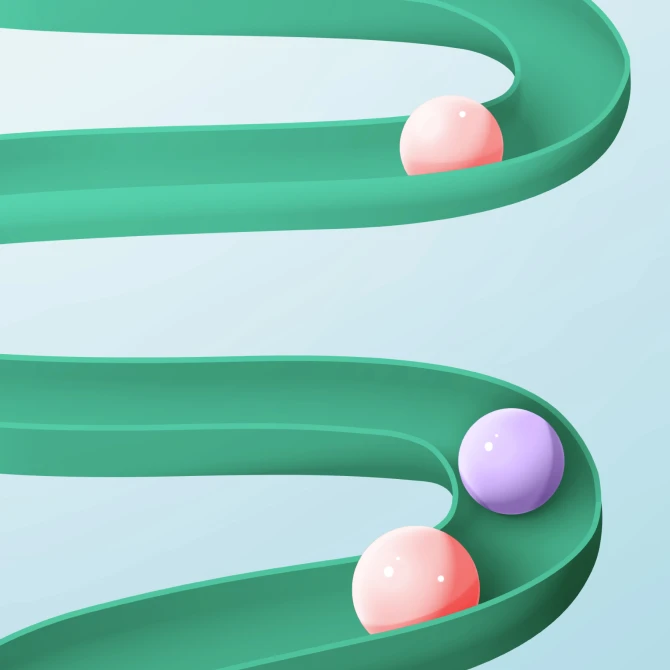
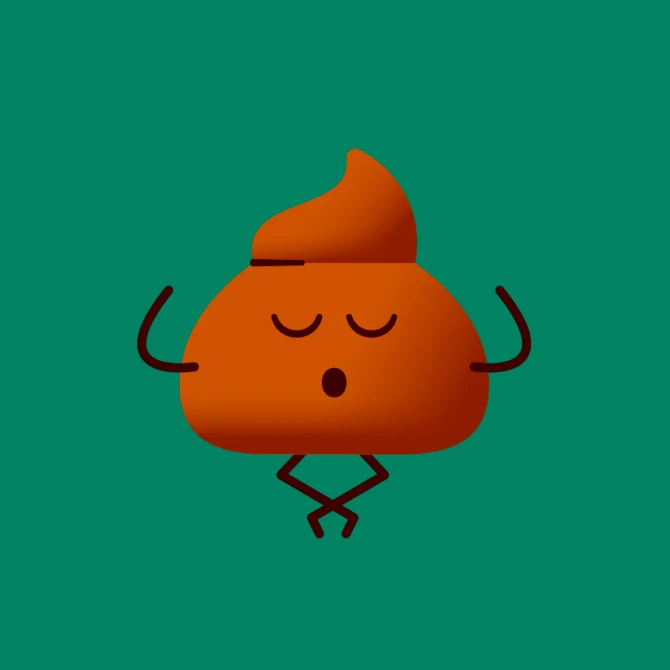
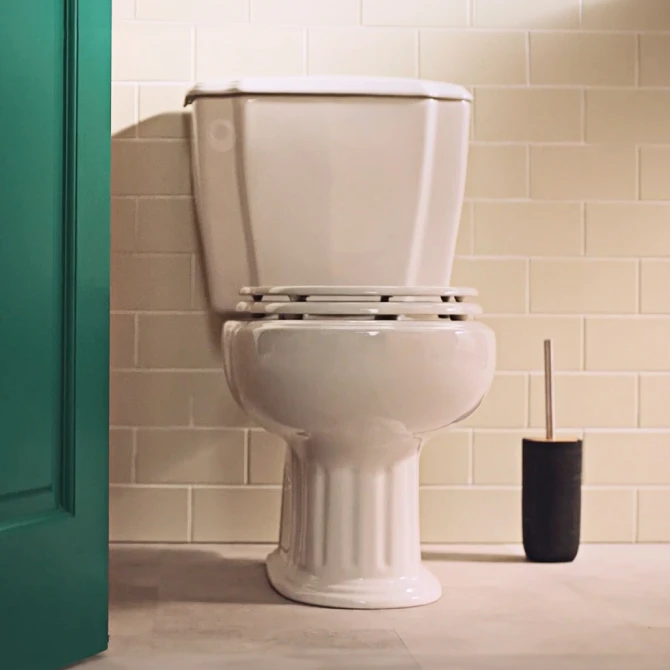
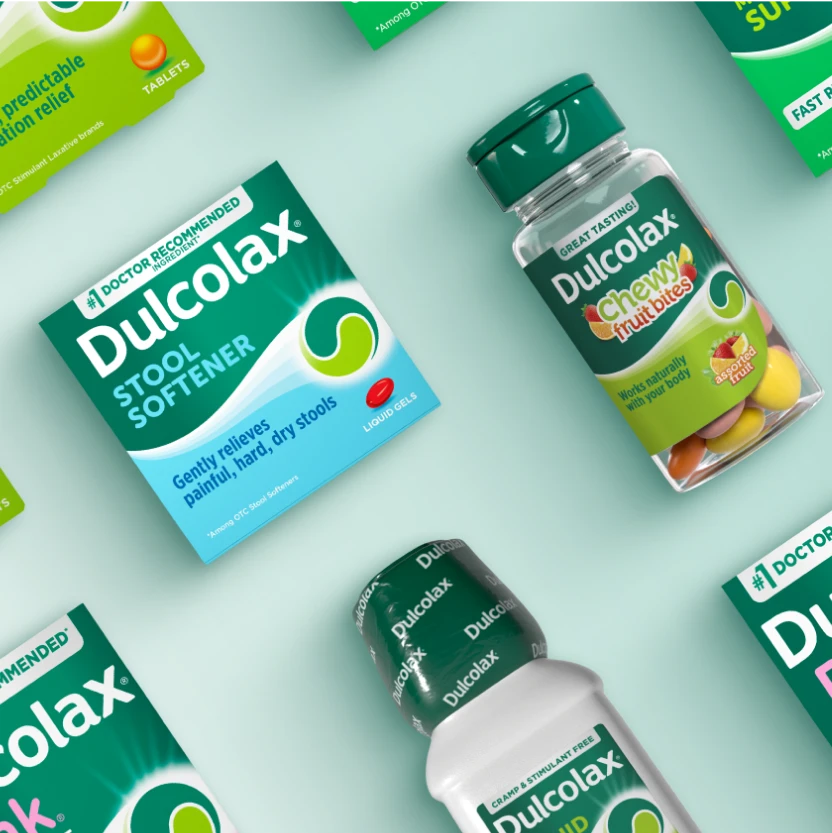

.webp)

.webp)
.webp)



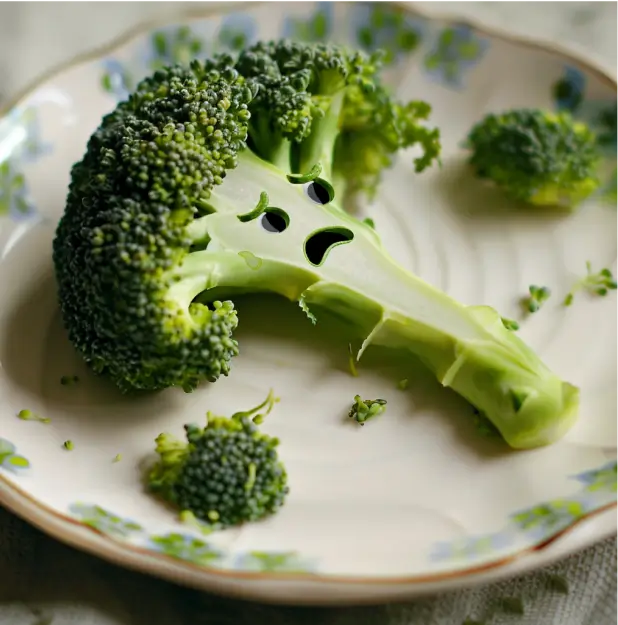
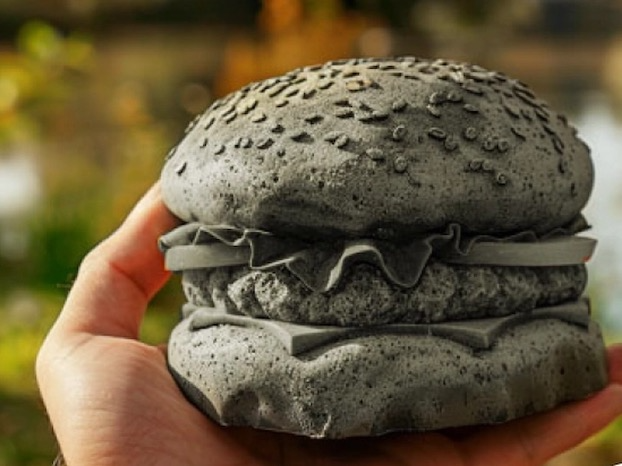

.webp)